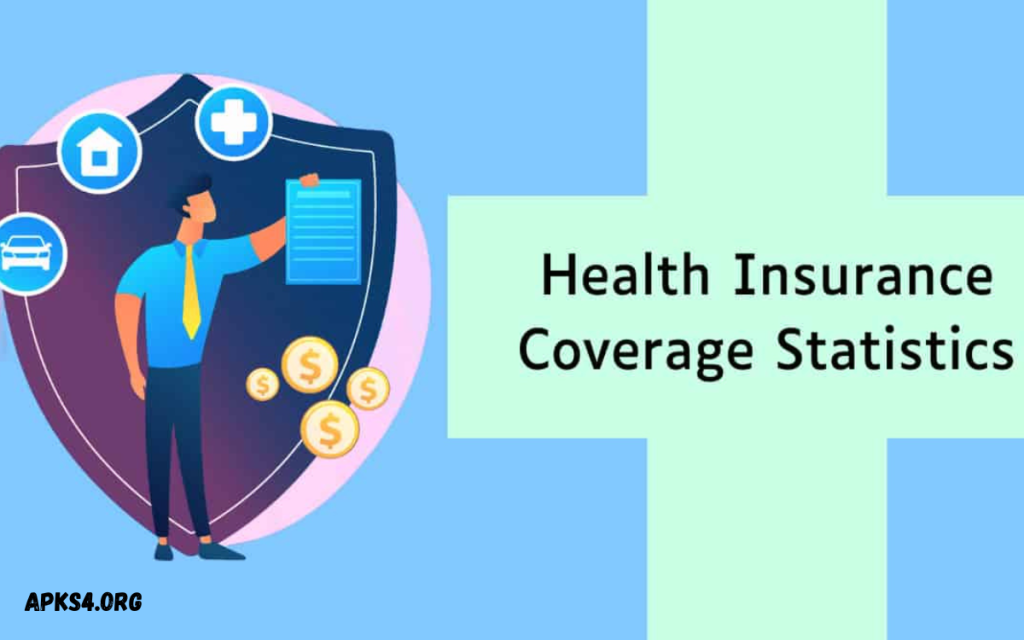The Importance of Health Insurance and How to Choose the Best Plan: Health insurance plays a crucial role in securing financial protection and access to necessary healthcare services. In today’s world, medical expenses are rising steadily, making it increasingly difficult for individuals and families to bear the costs of unexpected illnesses, injuries, or long-term treatments.
Beyond financial protection, health insurance ensures that individuals have access to a broad network of healthcare providers, offering them timely treatment and care. It promotes preventive care through regular check-ups and screenings, helping detect health issues early when they are easier and less expensive to treat. Health insurance often provides access to a wide range of specialists and treatments, enhancing the quality of care.
Having health insurance is not only a smart financial decision but also a vital step toward maintaining overall well-being. It gives peace of mind, knowing that in the event of an emergency, individuals and their families won’t have to worry about devastating medical bills. Ultimately, health insurance is an essential tool for managing health risks and ensuring that everyone has access to the care they need to lead a healthier life.
What is Health Insurance, and Why is it Important?
Health insurance is a financial tool designed to cover medical expenses, offering protection from the high costs of unexpected health issues. Given the rising healthcare costs in today’s world, health insurance has transitioned from a luxury to a necessity. It is crucial for safeguarding not only your health but also that of your family. In the event of illness or accident, medical bills can be overwhelming, depleting your savings. Health insurance alleviates this burden by reducing out-of-pocket expenses, ensuring financial stability during medical crises.
Moreover, health insurance supports preventive care, such as regular check-ups and vaccinations, to help avoid severe health problems. The key purpose of health insurance is not just treatment but the prevention of future health risks. Without coverage, individuals are left to pay for medical expenses from their own pockets, which can be financially burdensome.
Different Types of Health Insurance Plans

“Individual health insurance” covers a single person, while a single policy is typically at a lower cost. However, coverage might be divided among family members, which could affect the benefits if one person requires extensive medical care.
“Group health insurance,” often provided by employers, is an affordable option but may not cater to personal preferences. For the elderly, “senior citizen health insurance” is designed to address their unique healthcare needs. Choosing the right plan depends on the individual’s or family’s requirements.
How to Choose the Right Health Insurance Plan?
The first step in selecting the best health insurance plan is evaluating your healthcare needs. Assess the health status of your family, especially if any members have chronic conditions like diabetes or hypertension, as these require more comprehensive coverage. Financial considerations also play a significant role in decision-making. Ensure the premium fits within your budget while offering adequate coverage.
It’s vital to review the policy’s coverage limits, ensuring it covers hospitalizations, surgeries, doctor visits, and medications. Avoid opting for plans with low premiums but inadequate coverage, as this may lead to financial strain in case of a medical emergency.
Balancing Premiums and Coverage
While low premiums may seem appealing, they may not always provide the necessary coverage. A plan with low premiums but insufficient coverage can result in high out-of-pocket costs when medical care is needed.
Balancing the premium with the coverage is essential. Be sure to understand the deductibles, co-pays, and coverage limits. A plan with a high deductible may offer a lower premium, but it could lead to higher out-of-pocket expenses. Careful consideration of your financial situation, healthcare needs, and potential future risks is key to finding the right balance.
Importance of Network Hospitals
It’s essential to check the network of hospitals included in the coverage. Where you can receive cashless treatment, meaning you won’t have to pay upfront, and the hospital bills are directly settled with the insurer. Not having a network of accessible hospitals could complicate matters during emergencies, so it’s crucial to ensure that network hospitals are within reach, especially if you travel frequently.
Waiting Period and Pre-Existing Conditions
Often, there are waiting periods for certain treatments and conditions, meaning specific diseases or procedures may not be covered immediately. This is particularly relevant for individuals with pre-existing conditions like diabetes or hypertension. Depending on the policy, there may be a waiting period of two to four years before coverage kicks in for such conditions. It’s important to review this waiting period and understand which conditions are covered before purchasing a policy.
Maternity Benefits in Health Insurance
For those planning to start a family, maternity benefits are an essential consideration when selecting a health insurance policy. Many policies come with a waiting period for maternity coverage, so it’s better to choose a plan early to ensure you receive the benefits when required. Maternity coverage includes expenses for delivery, newborn care, and related healthcare services. Some plans may also offer additional benefits, such as vaccinations for newborns, making it essential to consider these aspects when planning for the future.
Read Also: How to Use Insurance for Effective Risk Management
How to Simplify the Claim Process
Understanding the health insurance claim process is essential for a smooth experience when you need it most. Most insurance companies now offer online claim filing services, which streamline the process. You’ll need to fill out a claim form, submit the required documents, and provide proof of treatment. Many policies also offer cashless claim options at network hospitals, eliminating the need to pay upfront. Being familiar with the process beforehand can prevent delays during emergencies.
The Role of Riders and Add-Ons
These options allow you to personalize your policy to better suit your needs. Everyday riders include critical illness coverage, personal accident cover, and hospital daily cash benefits. Riders offer extra protection for severe conditions like cancer or heart disease and can help you avoid significant financial expenses in the event of an emergency.
Benefits of Renewing Your Health Insurance
Renewing your health insurance policy on time provides numerous advantages. One key benefit is the potential for a no-claim bonus, which increases your insured sum without raising your premium if you haven’t made any claims during the policy term. Renewal also allows for modifications to the policy, such as adding new family members or adjusting coverage as your needs change. Regularly renewing your health insurance ensures continued coverage and maximizes long-term benefits.
Tax Advantages of Health Insurance
The benefit of tax savings. Under Section 80D of the Income Tax Act, you can receive deductions on premiums paid for your policy and that of your family. You can enjoy additional tax deductions. This makes health insurance an effective tool for both securing your health and saving on taxes.
Frequently Asked Questions
What is the difference between premium and deductible in health insurance?
The premium is the amount you pay regularly (monthly or annually) for health insurance coverage. The deductible is the amount you must pay out-of-pocket for medical services before your insurance starts covering costs.
What are network hospitals, and why are they important?
These hospitals are crucial because they allow patients upfront, making it easier and more convenient to handle medical emergencies.
Does health insurance cover pre-existing conditions?
There is a waiting period for pre-existing conditions, meaning these conditions are not covered right away. However, once the waiting period expires, coverage for these conditions is generally provided, depending on the specifics of the plan.
What are the maternity benefits of health insurance?
Maternity benefits cover expenses related to childbirth, including delivery costs, newborn care, and related medical services. Many health insurance policies offer this benefit, though it often comes with a waiting period before it becomes available.
How can I benefit from renewing my health insurance plan?
Renewing your health insurance plan on time provides several advantages, such as receiving a no-claim bonus (which increases your coverage amount), ensuring continuous protection, and offering the flexibility to modify your policy. Timely renewal is crucial to maintaining uninterrupted coverage and avoiding the loss of essential benefits.
Conclusion
Health insurance is a vital financial resource that offers protection and peace of mind amid increasing healthcare expenses. It shields individuals and families from the financial strain of unforeseen medical costs, ensuring access to essential treatments and care without compromising financial security.

